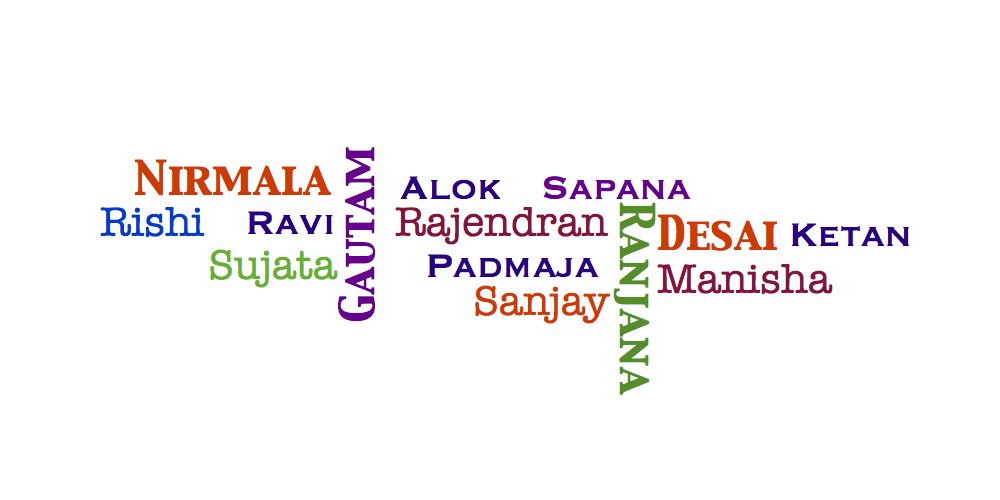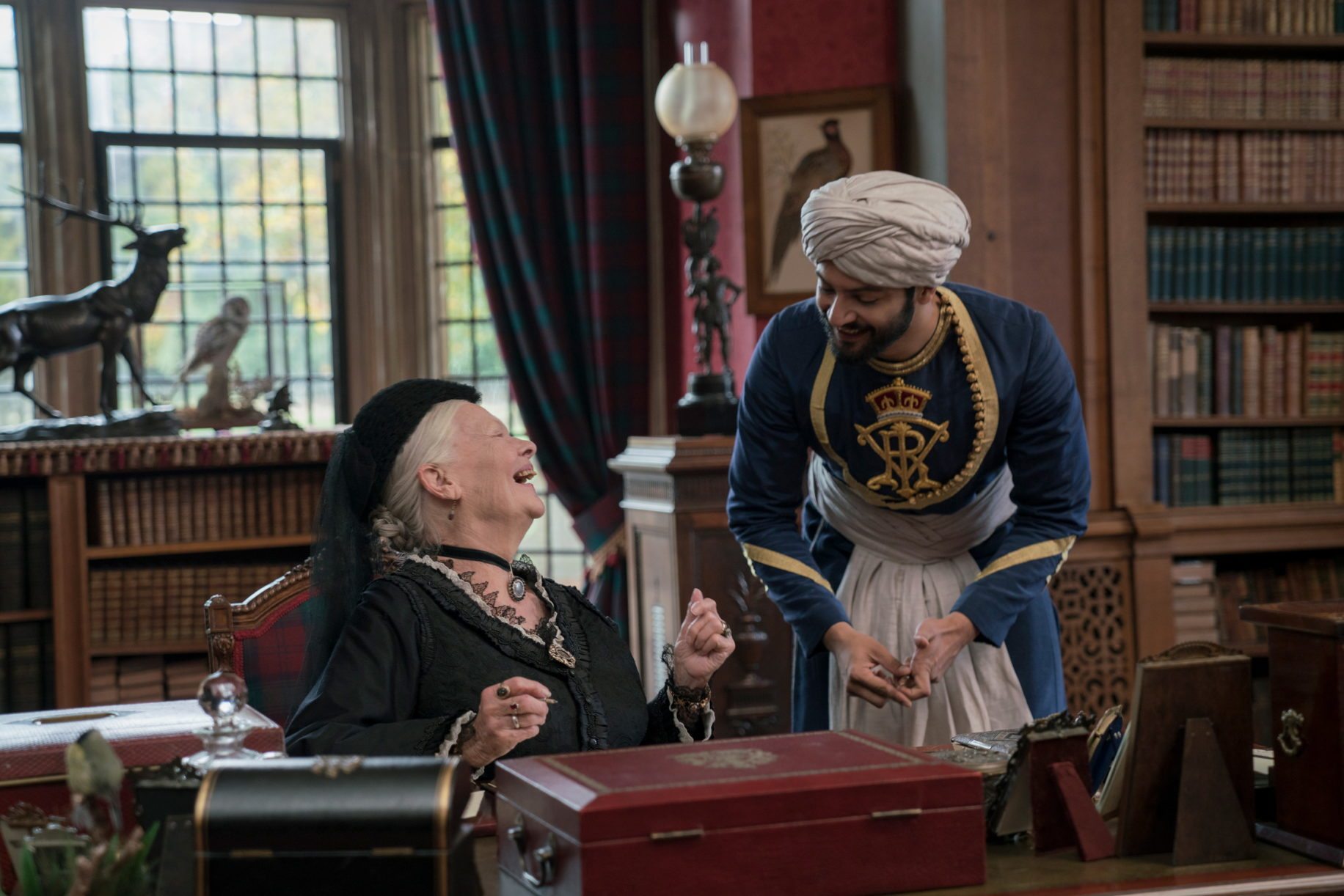
I know this isn’t a uniquely Indian phenomenon, and I’m sure most people don’t mean to offend, and that is why Indians usually just accept whatever name people offer, just to get past that same conversation yet again. Instead, this is intended to help those of you who would actually like to get Indian pronunciations right but just don’t have a handy-dandy guide to help you.
I can’t speak for every language on the Indian subcontinent, but I do know Hindi. And here’s what I can tell you. Hindi is a phonetic alphabet. Which means that the way it is spelled (in Hindi) is how it is pronounced. If I’m ever in doubt about a pronunciation, I look up the Hindi spelling. Sure, that’s handy if you know the language, but not so much for the rest of the world. So here’s a quick primer on the Hindi language. It is broken down into 33 consonants and 11 vowels (though one—ri—contains both a consonant and vowel sound).
In researching this post, I came across this great wikiHow post on how to learn Hindi, so if you’re interested in going further, check it out.
But for the purposes of learning names, there are some key points about the Hindi alphabet that need to be considered.
Vowel Sounds
Transliterating Indian names into English can be difficult. You will find names that seem similar that are spelled differently because parents translated (or rather, transliterated) the original differently. The English language, after all, has 5 (sometimes 6) vowels doing the work of 11. So the confusion is understandable. Often, mispronunciations come from choosing the longer vowel sound in the pair rather than the shorter:
A – uh (bug, rug, snug)
Aa – aah (flan, emBArgo, bar)
I – i (sit, pick, lick)
Ee – ee (see, me, flea, glee)
U – oo (book, look, took)
Oo – ooo (glue, clue, rude, food)
E – eh (friend, bend, men, fend)
Ai – ai (play, hail, cane, main)
O – o (bored, more, floor)
Au – oh or aw (so, slow, snow OR fault, mall, crawl)
Ri – this one’s got a consonant and vowel in one! How convenient is that?!
And for now, I won’t even get into the silent “a” at the end of many Hindi words, beyond saying it’s Shiv not Shee-vaa.
The Consonants
There are a fair number of consonants, and they sometimes seem similar. The difference in many cases is aspiration. Meaning, some letters sound like you can say them while holding your breath, while their pairs sound the same but with an exhale. Oftentimes, we don’t realize that we do exhale as we make the consonant sound, but there is a difference. If you can recognize the slight difference, it can help your pronunciation. I’m not going to go into detail over all consonants, but I believe the following ones are the ones that are most frequently mispronounced:
K – lactose (the c, where no breath is taken)
Kh – cake (either c or k), Mikhail (as opposed to Michael)
T – tell, television, talk
Th – thank, thought, thumb
D – door, dollar
Dh – this, though
So I’ll just go through some common Indian names and write out the pronunciations. The ‘ symbol represents the stressed syllable.
First Names
Alok – Uh-loke’ (“Cola. But backwards” – Alok)
Anjali – Un’-jlee
Dilip – Dhi’-lip (Di is pronounced like this)
Divya – Dhiv’-ya (soft Dh like ‘th’is, as opposed to d like doctor)
Gautam – Go’-thum OR Gau’-thum, either is legit so be sure to ask.
Ketan – Ke’-thun (where the ‘th’ is like in think or throughput, not t as in tank)
Lalit – Luh’-lith
Manisha – Mu-Nee’-sha (mumble – need – Shop)
Nalini – nu’-lee-nee (number-lean-need)
Neeharika – Nee-haa’-ri-kaa (need-hard-rip-cards) (pronouncewiki.com pronounces it Ni-hairika, which is wrong)
Nirmala – Nir’-muh-laa
Padmaja – Pudh’-muh-jaa (dh as in this)
Prema – Pray’-ma
Raj – Raaj (like Roger without the er, not Razh)
Ranjana – Run’-juh-naa
Ravi – Ruh’-vee (first syllable is from ‘rug’, not ‘have’ or ‘log’)
Rishi – Ri’-shee (Ri rhymes with wish)
Salil – Suh-Lil’
Sanjay – Sun’-Jay. Not Sawn-jay, or San(rhymes with pan)-jay. Sun Jay.
Sapana – Suhp’-naa
Siddhartha – silent a. Sidh-haarth’ (dh=this, not dot)
Sujata – Sue-jaa’-thaa (thought)
Vaishali – Vay-shaa’-lee
Last Names
Desai – dhe-sai’ (then-simon)
Jain – rhymes with plan, not rain
Kulkarni – Kool-cur’-nee
Kuthrapali – Ku’-thruh-paa’-lee
Rajendran – Ruh-jen’-dhrun (Ruh as in rough – Jen – dh as in this + run)
Final Thoughts
For a large number of the examples above, the stress is on the first syllable. This is not universally true, but often is the case. Many three-syllable names stress the middle syllable, but not all. Nirmala is an exception.
Remember, just because you knew someone else with that same name, doesn’t mean you got it right back then. And just because someone responds to a name, doesn’t mean it’s right; it might just mean they’ve given up.
I read an interview by actress Uzo Aduba, who wanted to shorten her full name when she was in grade school, asking her mother if she could be called Zoe because her classmates couldn’t pronounce her full name. Her mother’s response? “If they can learn to say Tchaikovsky and Michelangelo and Dostoevsky, they can learn to say Uzoamaka.”
If there are any Indian names that you’ve had trouble pronouncing, I’m happy to help in the comments below.
Save


